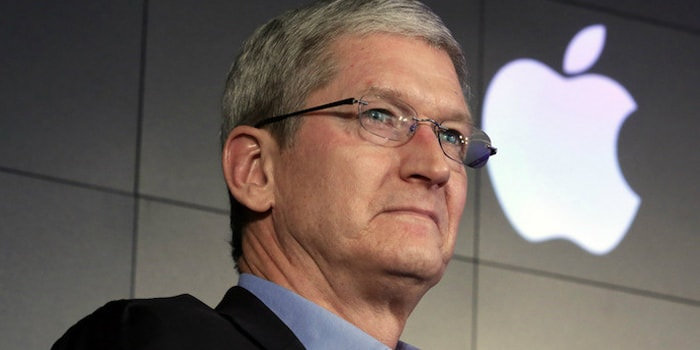A Pacific Council delegation recently traveled to California’s Bay Area to explore the booming tech industry of Silicon Valley and its impact on the U.S. economy and public policy. Executives from Uber, SalesForce, and BlackBerry briefed the group on technological innovations, privacy and security in the digital age, and the global “sharing economy.”
Delegates were first briefed by Betsy Masiello, Head of Public Policy and Economics at Uber Headquarters, on how the company works to efficiently match demand and supply within a “hyper local and global” geographical landscape. Uber currently operates in 58 countries and 300 cities worldwide. Despite helping pioneer the sharing economy, Uber has experienced significant backlash from major “taxi-heavy” cities like Paris and London, on charges ranging from unfair practices to unregulated policies. Still, Uber has improved the transportation needs of people in U.S. cities and in developing countries, by helping those living in rural areas access business districts and centers of economic opportunity.
In his briefing to Council members, SalesForce Senior Vice President for Global Government Relations and Strategic Planning Peter Schwartz detailed the innovations and operations of one of the world’s largest database software companies. A renowned futurist of the tech industry, Schwartz directs the company’s policy and politics throughout the world. He briefed delegates on the leading ideas in technological innovations, noting that the future will be all about “little AI” or “little artificial intelligence” – small innovations that will make every-day life a bit easier.
Finally, delegates met with Steve Zipperstein, Chief Legal Officer at BlackBerry, and Guy Miasnik, President of AtHoc, a division of BlackBerry. BlackBerry has impressively recovered from its once-floundering place in the smartphone market by re-positioning itself as the leading manufacturer of high-security enterprise software for organizations and companies around the world. Its clients include German Chancellor Angela Merkel, and U.S. government agencies such as the Department of Homeland Security and the Department of Defense.

Zipperstein and Miasnik also addressed Apple’s recent encryption battle with the FBI. On this issue, BlackBerry is one of the few tech companies whose stance is greyer than others. While Apple can create a master key to decode its encryption, they have decided that doing so would set a bad precedent. BlackBerry's encryption system, on the other hand, is secure enough that the company itself could never replicate such a key.
And while Blackberry has not taken a public position on the Apple-FBI issue, he sees it as motivation for tech giants to further explore the issue of encryption and for Washington to deliberate an amendment to the All Writs Act of 1789 – a 227-year-old federal statute cited by the FBI in the case against Apple.
Learn more about Pacific Council delegations and our National Delegation program.




